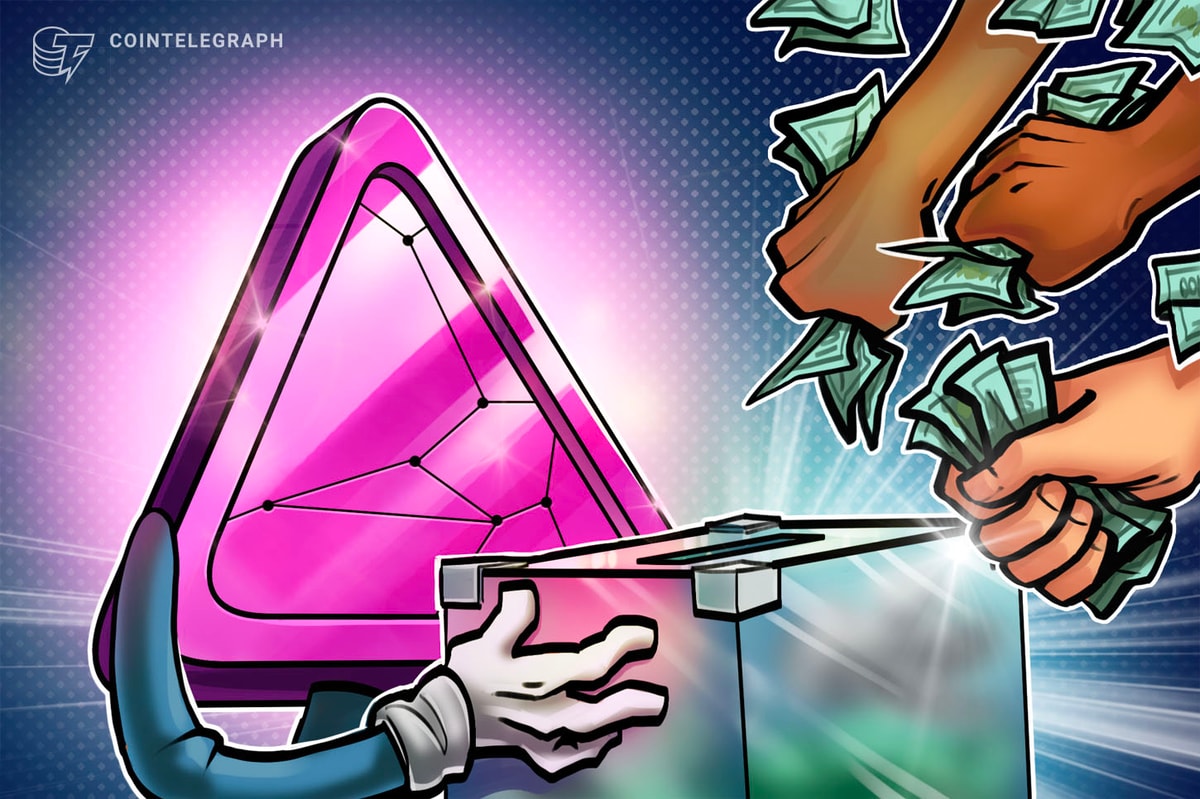A Platform Unlike Any Other
Crowdfunding and bitcoin seem like a perfect fit, but discounting crowdinvestment, there haven't been a huge number of success stories. A decentralized exchanged called BitSquare has launched a campaign on the decentralized crowdfunding app Lighthouse. Its campaign is simultaneously an example of how powerful decentralized crowdfunding is, and how difficult running a successful campaign is.
LightHouse is a decentralized crowdfunding platform. It was originally proposed by Olivier Janssens as a way to fund changes to the Bitcoin Core code in a decentralized manner, until Janssen's plan to overhaul the BTC Foundation comes to fruition it has been re-purposed as a general decentralized crowdfunding platform. He kicked off the BitSquare funding with a generous 10 BTC donation. Bitsquare seems poised to become the first popular and successful project on Bitsquare.

The Call for Decentralized Exchanges
However, the problems of the traditional finance world - fraud, incompetence and security - seem to have followed people to the cryptocurrency world. The malfeasance and mistakes by exchanges rival anything done by Wall Street.
The obvious solution, as it so often seems to be, is to remove the middle man. With no centralized point of failure, there is no big pile of bitcoin to draw the attention of every scammer, malicious hacker and otherwise shady character on the web. There are a few iterations of decentralized exchanges already out there, but BitSquare really seems to be onto something with its project, and has brought in over 43 BTC at press time.
Digital Roots
One of the major concepts supporting decentralized exchanges came from the Black/BitHalo team, who first used the double deposit system for their decentralized exchange. It has since been proposed as the main fraud prevention mechanism in both Coinffeine and Bitsquare. Bitsquare also adds in the additional feature of a decentralized arbitrator marketplace. Arbitrators will be required to put their own hefty deposit down, and transactions can be done with multiple arbitrators to avoid collusion. Arbitrators will also be given a rating based on their transparency (identification verification through Government issued Cards, social media integration and similar methods), history, and customer experience.
Another thing that makes Bitsquare unique is that its integration of the fiat side of cryptocurrency exchanges too, integrating bank accounts for near trustless SEPA transfers. Everything is still done in a P2P fashion and account information isn't stored on servers, but it provides an easy way to keep all user payment options in one place.
The Spotlight is On But The Main Act Isn’t Ready
Unlike Coinffeine, Bitsquare isn't designed to turn a profit and isn't beholden to investors. It also doesn't rely on any centralized exchange on the back-end. Unfortunately, it also isn't ready to go, sitting firmly on the Bitcoin TestNet, and with no actual way to set up a bank account, the v0.1.0 launch is more proof of concept than useable software.
In hopes of avoiding attention from regulators, Bitsquare transfers will be limited to “small” amounts, but no specific figure has been given.
The community sees the potential though, with a significant amount of BTC already raised. The developers hope to use that money to fund the development of Bitsquare 0.2.0 before moving to more traditional crowdfunding models to eventually release v1.0. Could this be the first workable decentralized exchange that actually brings in a significant number of users thanks to its fiat payment integration, or will it be yet another case of you built it, but they didn't come?

Donations Made Not So Easy
Donating in Lighthouse isn't exactly the most user friendly experience. You must first download the Lighthouse app, then the project's Lighthouse file. Past that, it is easy to donate, track donations and fund your account. In this reporter's opinion, they did make one major mistake setting up the campaign. Bitsquare has a minimum 0.17543859 BTC donation amount. In fiat terms that puts the donation level at over a minimum US $38 at current exchange rates. The high barrier of entry in addition to the less than optimal accessibility with Lighthouse may be contributing to the campaign struggling to reach its goals.
Users can donate smaller amounts by simply sending it to their donation address, but it won't be counted in the crowdfunding campaign.
Bitsquare is funding until February 9th and is hoping to raise 120 BTC. If the campaign goal isn't reached, the Bitcoin donated through Lighthouse will automatically be returned to donors. Cointelegraph will have more as the campaign winds down.
Did you enjoy this article? You may also be interested in reading these ones:











